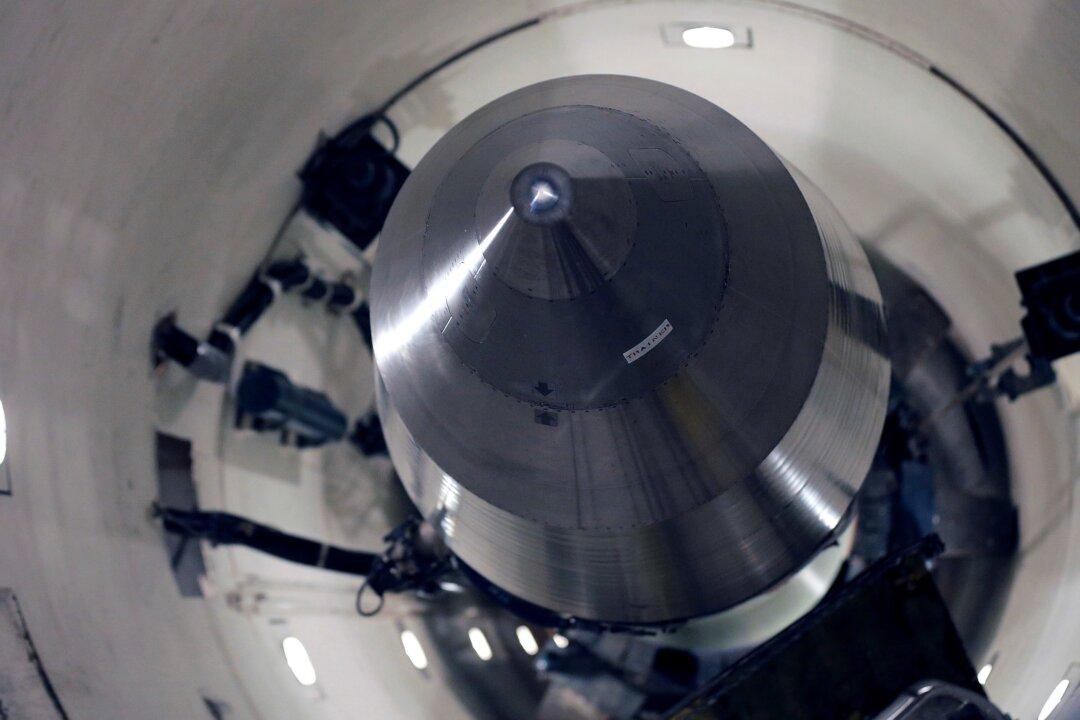The United States will not adjust its nuclear posture following an announcement by Russia that it will place tactical nuclear weapons in neighboring Belarus.
Russian President Vladimir Putin said over the weekend that Belarus could house Russian tactical nuclear weapons by the beginning of summer.




